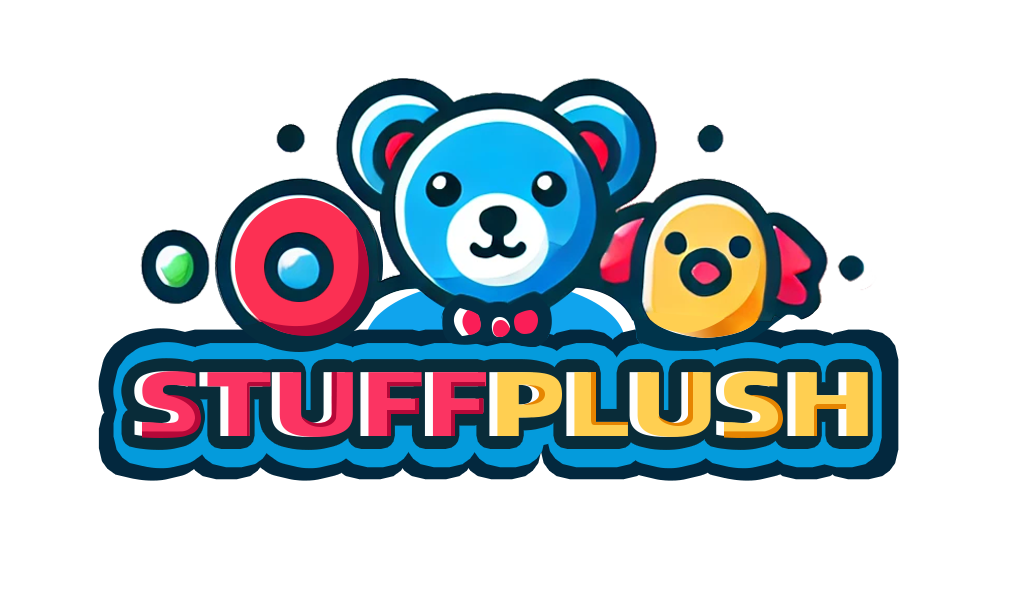With the rapid development of artificial intelligence and the Internet of Things, smart plush toys have gradually become popular in the market. These toys can not only interact with children through voice conversations, tell stories, and play music, but also monitor children’s behavior through cameras and sensors, and even provide educational content. However, the rise of smart plush toys has also sparked widespread discussions about privacy risks and their impact on children.
Privacy Risks of Smart Plush Toys
Smart plush toys are typically equipped with microphones, cameras, GPS, and voice recognition technology, and they connect to the internet via Wi-Fi and Bluetooth. While these features offer rich interactive experiences for children, they also bring privacy risks. For example, some smart toys collect and store a large amount of children’s personal information, including names, locations, photos, audio, and video recordings. If this data is hacked or misused, it could pose a serious threat to children’s privacy and safety.
The Impact of Smart Plush Toys on Children
Positive Impacts
Smart plush toys have significant positive impacts on education and emotional companionship. They can promote children’s language development and social-emotional learning through interactive games. For example, some smart toys can respond to children’s voice commands, stimulating creativity and curiosity. Additionally, smart plush toys can serve as emotional anchors, helping children relieve loneliness and stress.
Potential Risks
However, the privacy risks of smart plush toys cannot be ignored. Some products have vulnerabilities in data collection and storage, which may lead to the leakage of children’s personal information. For example, Mattel’s “Hello Barbie” doll and Genesis Toys’ “My Friend Cayla” doll have both been forced off the shelves due to privacy issues. Moreover, some experts point out that generative artificial intelligence is not yet at a stage where it can be safely used for children’s education and therapy.
Market Status and Development Trends
According to a report by market research firm QYResearch, the global AI plush toy market is expected to reach $307 million by 2030, with a compound annual growth rate of 21.1% over the next few years. This indicates that the smart plush toy market has great potential for growth. However, to ensure the safety and reliability of products, manufacturers need to take strict privacy protection measures, such as data encryption, access control, and parent-controlled content filtering features.
Conclusion
The rise of smart plush toys has brought new interactive experiences for children, but privacy risks and safety issues cannot be overlooked. Manufacturers need to strictly adhere to privacy protection standards while innovating technologically to ensure the safety of children’s personal information. Parents should also carefully understand the privacy policies and safety measures of products when choosing smart plush toys to protect their children’s privacy and safety. Only by ensuring safety can smart plush toys truly become beneficial companions for children.



